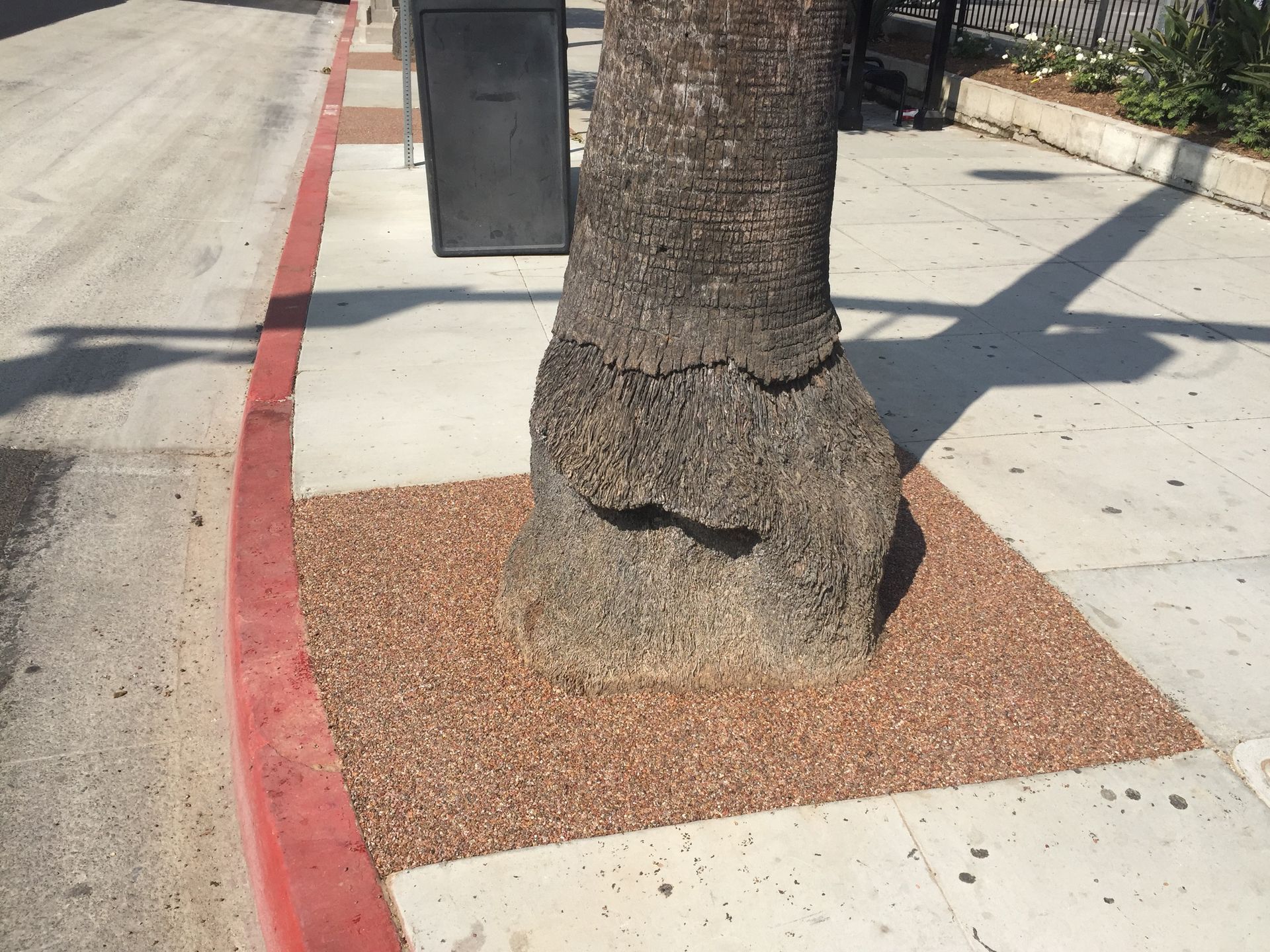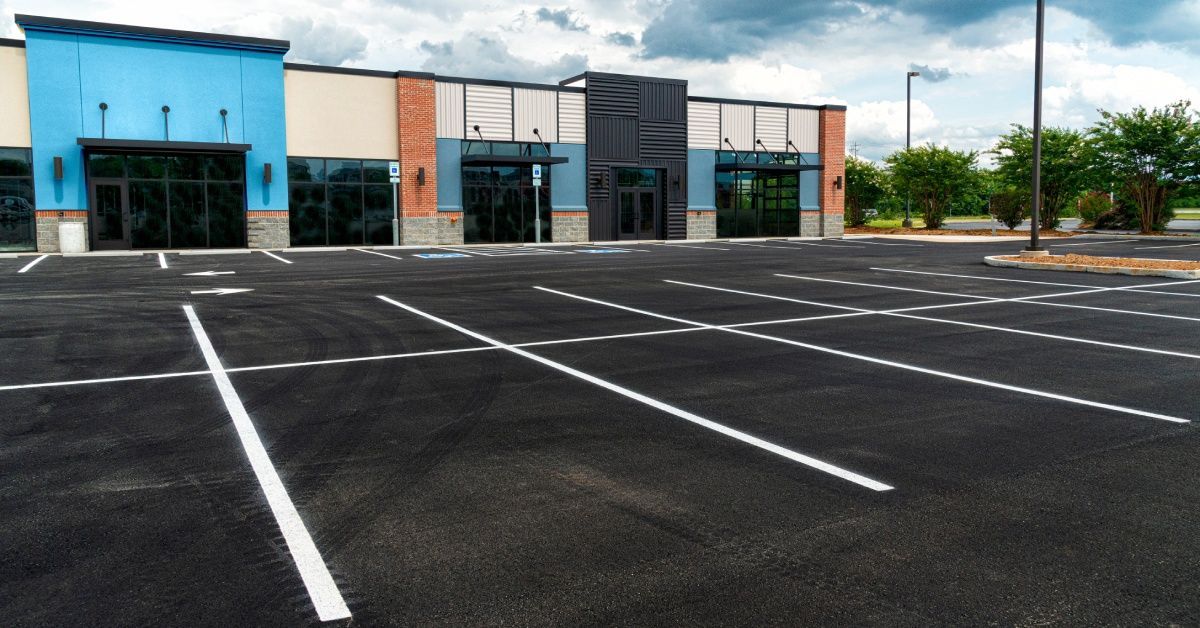The Pros & Cons of Resin-Bound Pavement vs. Concrete
Choosing the right material for your public works project isn’t a decision to take lightly. It’s an investment in the durability, aesthetics, and environmental impact of the local community. While many want to stick with the materials they know, others are looking for intuitive ways to further their urban communities. Follow along as we dive into the pros and cons of resin-bound pavement and concrete to determine which is better for your project.
Resin-Bound Pavement Under the Spotlight
The Benefits of Resin-Bound Pavement
Resin-bound pavement shines bright when it comes to aesthetics and environmental responsibility. Its permeable nature allows water to trickle through, decreasing the risk of flooding and aiding in groundwater replenishment and lessening the heat island effect. The variety of colors and patterns available makes resin-bound paving a custom creation that you can truly make your own.
Its resiliency against UV degradation also offers a long-term solution that requires minimal maintenance, Finally, it is less expensive than metal grates, providing an alternative for defending tree bases against weeds and foot traffic.
Assessing Traditional Concrete
Concrete Pros
Concrete is the timeless template that many pavement materials are most often compared to. With its brute sturdiness and relatively simple installation, concrete has been the go-to for public works projects for generations.
Cracks in the Façade
Despite its historical use, concrete is not without its flaws. One significant drawback is its non-porous nature, contributing to urban heat island effects and water run-off issues. The tendency to crack over time, coupled with labor-intensive maintenance, brings its long-term cost-effectiveness into question. Its inherently high carbon footprint is a downside that modern townships can’t ignore.
The Verdict
Now that we’ve delved into the pros and cons of resin-bound pavement and concrete, it’s time to determine whether it’s right for you. While concrete remains a valid pavement option for certain projects, resin-bound pavement emerges as the more forward-looking, sustainable choice. Concrete, with its growing list of drawbacks, now seems less appealing, especially in the face of resin-bound pavement’s evident benefits. When searching for a material for a public works project, the long-term ecological impact, maintenance requirements, and life-cycle costs speak volumes in favor of resin-bound options.
Surfacing With Resin-Bound Pavement
Recommendations for paving decisions are not one-size-fits-all. Consider the location, projected usage, and environmental sensitivity of the area in question. Resin-bound pavement is ideal for urban renewal projects, footpaths, and areas where aesthetics and sustainability are paramount.
For those long-trodden routes and heavy traffic areas, concrete might still hold its place. However, the shift toward a more environmentally mindful approach suggests that even these areas could benefit from a makeover with resin-bound systems.
Resin-bound pavement isn’t just another material; it’s the future we’re driving toward. With this understanding, public works professionals can pave the way for a sustainable and beautiful urban landscape. We at Rockpave commit ourselves to providing the perfect set of materials for your particular project. Our permeable resin-bound surfacing is the ideal way to improve the functionality and performance of paved surfaces while minimizing environmental impacts. Reach out to us today to learn more.











